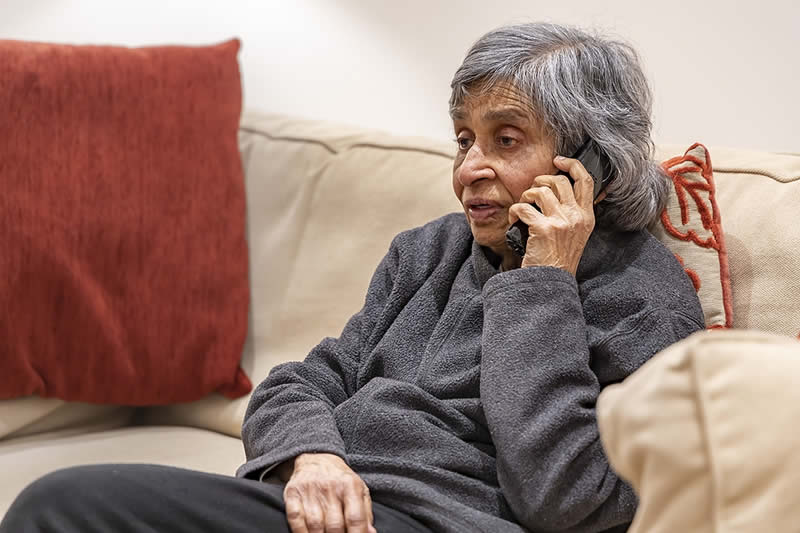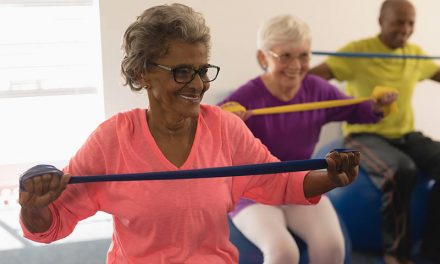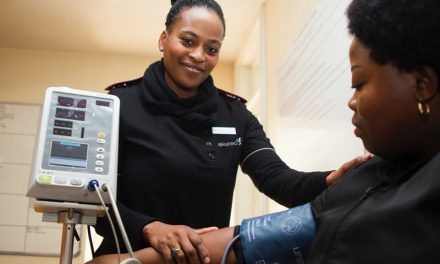Tips to help elders living on their own during the pandemic
For those who cannot visit their loved ones owing to restrictions, there are other ways to support elderly people living alone during the pandemic. Here are five steps you can take today to check and support elders in isolation from afar:
- Phone daily to check on elderly parents and friends
Keep communication lines open and check in every day. Do you have a neighbour’s number if older people do not answer their phone? If there is an emergency, do they know how to access the quickest emergency support available? Decide who is your secondary care contact if the older person is not contactable, and speak with care providers about how you will reconnect in the event of an evacuation. - Have an emergency care plan
Older people with illness or disablility need specific care plans. Keep details of what medication is required, where scripts can be filled and what emergency medication is needed. Also keep a list of extra chronic medication which is required. Should the elder have medic alert bracelets or chains, ask constantly if these are being worn. - Familiarise yourself with support services close to your loved one
Would you know which is the closest medical facility to call in an emergency? Know your loved one’s exact location and address details. Find out if there are local emergency support groups/chats you can join to be alerted in the case of disaster; these have proved to be invaluable to communities in this time of need. - Most importantly, keep them calm
Older people are particularly vulnerable to the physical impact of emotional turmoil. Try not to alarm an older person living alone, who may be insulated from the onslaught of social media. Too much distressing information is not helpful. Share only what they need to know for their immediate safety.






 Is there a downside to longevity?
Is there a downside to longevity? Tafta marks 67 years of service with a meaningful call to action
Tafta marks 67 years of service with a meaningful call to action Golf Day 2025 Fundraiser
Golf Day 2025 Fundraiser Community involvement improves elders’ lives
Community involvement improves elders’ lives Shock and outrage following rape and murder of 85-year old grandmother
Shock and outrage following rape and murder of 85-year old grandmother Too old for Valentine’s Day? Never!
Too old for Valentine’s Day? Never! Broken your New Year Resolutions already? 12 tips to improve your life
Broken your New Year Resolutions already? 12 tips to improve your life Christmas joy – thanks to you
Christmas joy – thanks to you The Love Languages of elders: rethinking care and connection
The Love Languages of elders: rethinking care and connection Over 3 000 people assisted through Tafta’s Toll-Free National Elder Abuse Helpline
Over 3 000 people assisted through Tafta’s Toll-Free National Elder Abuse Helpline